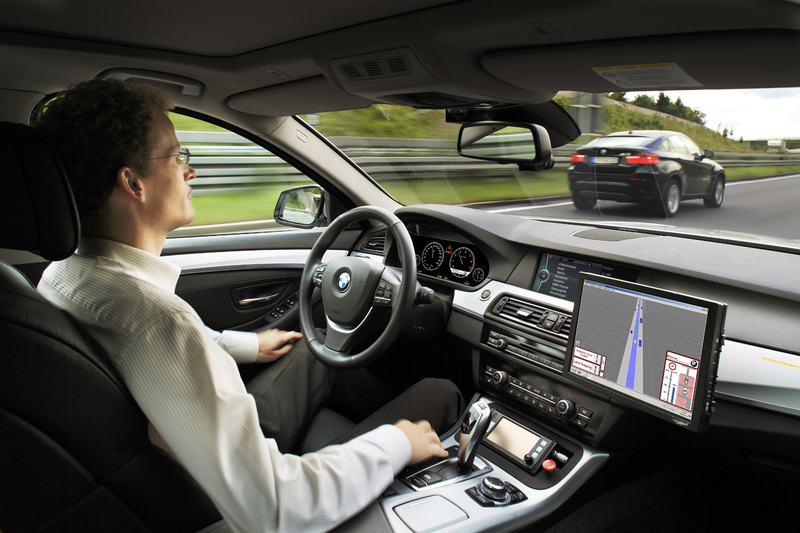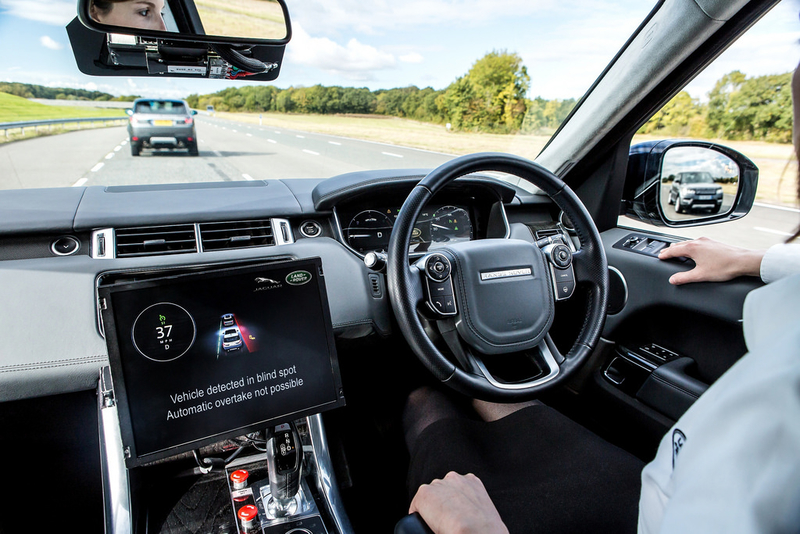Driverless cars may seem the future of transportation and while there are some in development, it seems the autonomous vehicle will not become widespread anytime soon.
While there has been significant strides in creating driverless cars, there are more than a couple of drawbacks that are keeping them from becoming ‘common’ on our roads, such as infrastructure, the sheer price and the internet coverage which is needed before tests can be carried out on motorways.
Driverless cars need 5G in order to operate, yet recent figures, according to AutoExpress, has revealed that more than a third of England’s motorways are without 4G coverage, with the M6 through Birmingham particularly lacking signal with 46.89 per cent without any coverage.
The Government are now pushing ahead with funding for the 5G coverage needed for driverless cars, but after five years since 4G was rolled out there are still major gaps along Britain’s longest roads. Which raises questions as to whether driverless car tests initially planned for 2019, will still happen between London and Oxford on the M40.
During the November Budget Chancellor Philip Hammond stated that driverless cars will successfully be deployed on UK roads by 2021, with London expected to be one of the leading forces in autonomous vehicles.
Yet, the London Assembly Transport Committee have released a report in which they have come to the conclusion that ‘connected and autonomous vehicles’ (CAVs) are at least a decade behind the intended date that Hammond announced late last year.
The transport committee for London is quoted by the Daily Mail saying: “In our meeting on this topic with a range of experts there was a broad consensus that the widespread rollout of advanced CAVs, for instance, cars without a steering wheel was more likely to occur over the period from 2030 onwards.
“Although CAVs could use road space more efficiently, there are still concerns about their impact on the transport network. These concerns are mainly related to the behavioural choices that Londoners may make if and when the technology becomes available.
“Put simply, people who currently drive very little or not at all may decide to take advantage of CAVs by travelling in cars more often. If this happens on a large scale, this would mean CAVs may contribute to traffic congestion, and/or prevent a hoped-for shift towards more sustainable transport modes.”
Hammond promised to invest £40 million for electric and autonomous cars that will go into research and development, while £500 million was pledged to go into the wider tech industry.
Insurance company Adrian Flux has already planned for the installation of autonomous cars by offering the public the chance to purchase driverless car insurance despite the delay in the technology hitting Britain’s roads.


